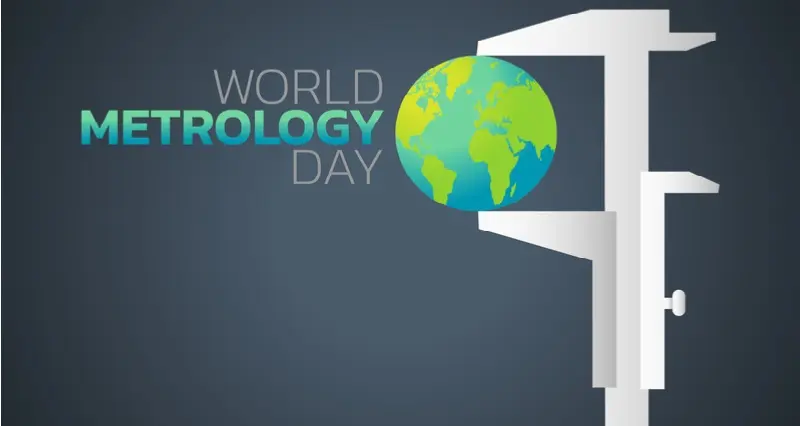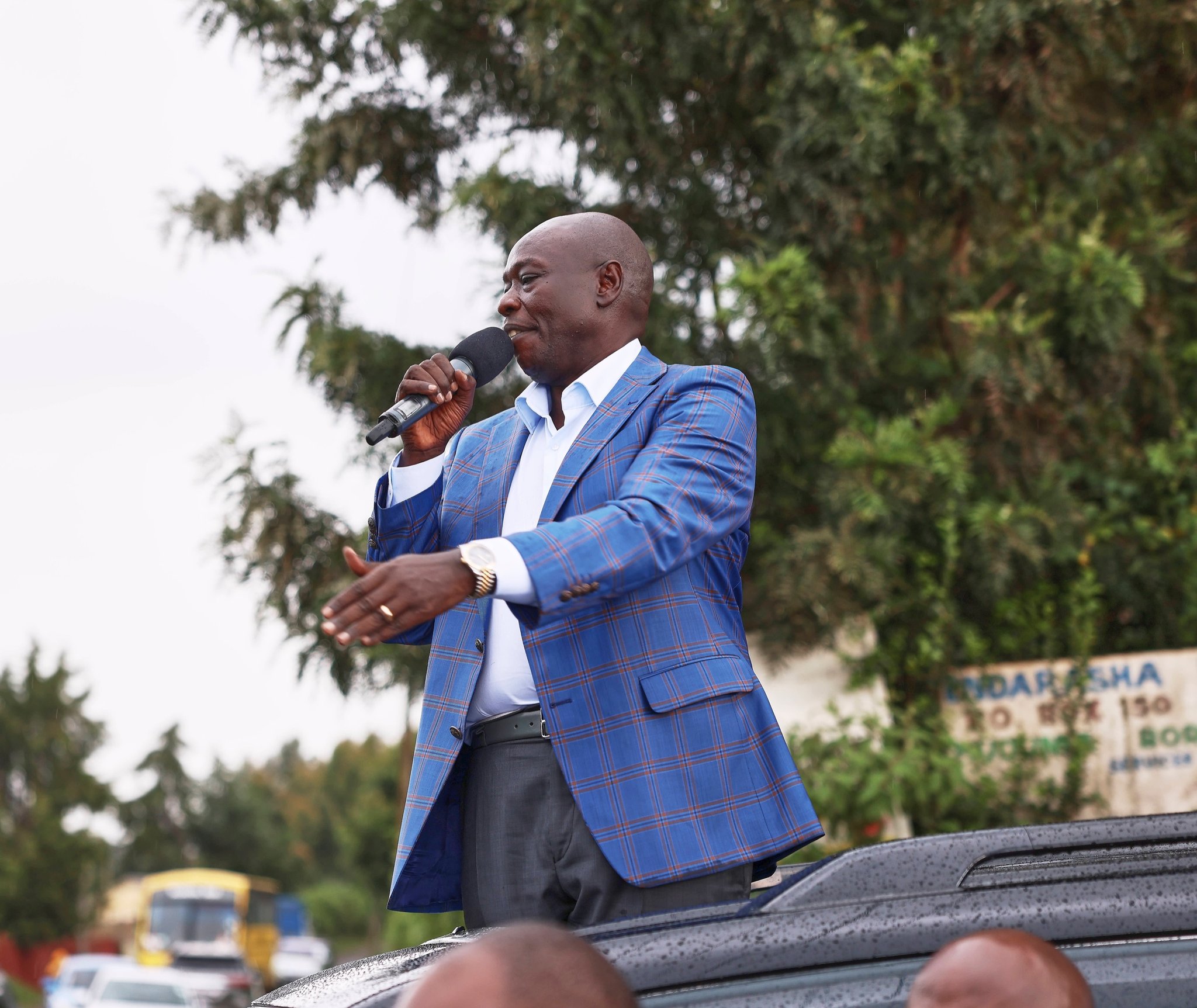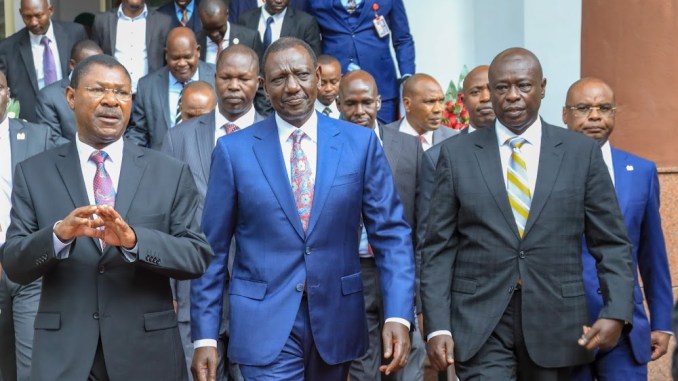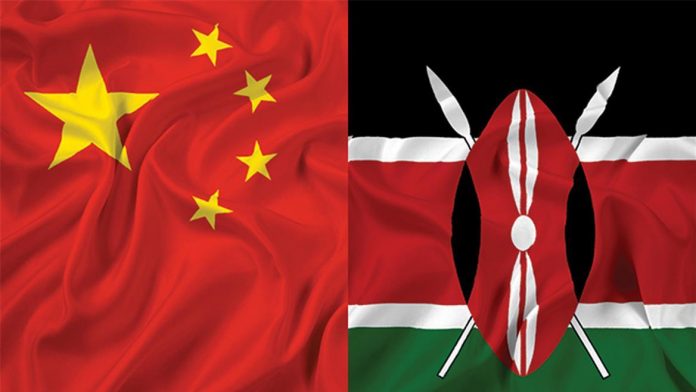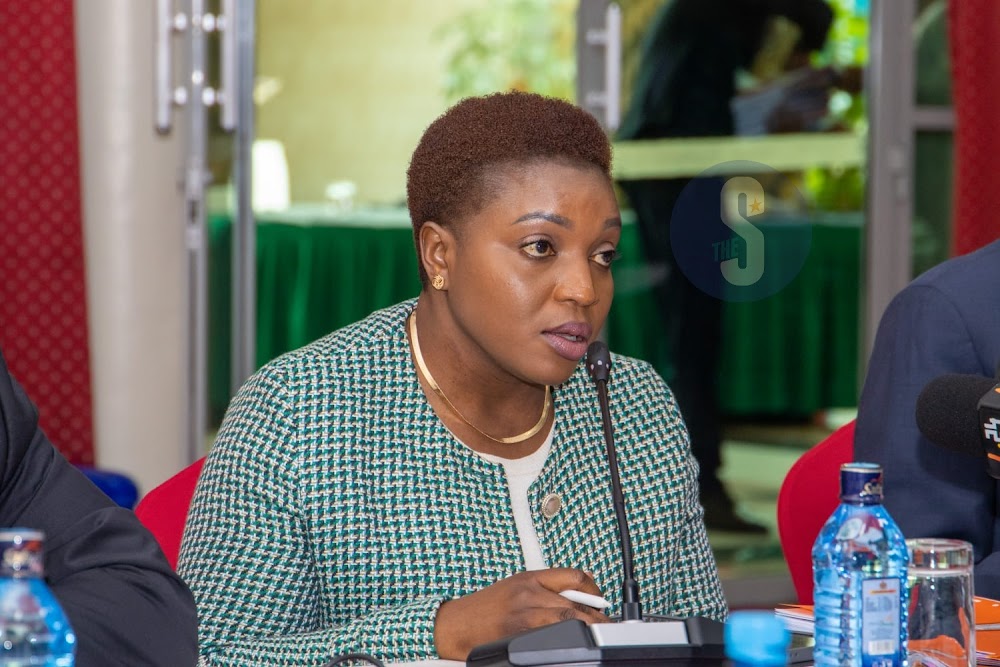In a resolute stride toward bolstering Universal Health Coverage (UHC), Mary Muthoni, the Principal Secretary of the State Department for Public Health and Professional Standards, has unequivocally emphasized the government’s unswerving commitment to harnessing digital innovation within the healthcare system.
In an era defined by rapid technological advancements and transformative digital solutions, the healthcare landscape is also undergoing a profound metamorphosis. As nations worldwide strive to ensure equitable access to quality healthcare services for all citizens, the fusion of innovation and healthcare is emerging as a potent force to drive progress. In Kenya, this synergy is gaining momentum through strategic initiatives such as the Health Facility Census, the digitization of healthcare systems, and groundbreaking partnerships like the KNH-Isiolo collaboration.
Against the backdrop of discussions at the 1st Biennial Devolution Conference in Eldoret, the Principal Secretary passionately highlighted the indispensable role of real-time data. She underscored that this dynamic data-centric approach is poised to revolutionize policy development, enhance resource allocation, and elevate the quality of planning, budgeting, implementation, and responses to diseases and prevention strategies.
Moreover, the Ministry of Health is skillfully leveraging digital platforms to infuse transparency and build trust within the healthcare sector. A visionary initiative unveiled by the Principal Secretary involves the adept utilization of Tele-Health and virtual care technologies to extend healthcare services to remote and underserved regions.
The Significance of Health Facility Census
The Health Facility Census stands as a testament to the Kenya Kwanza government’s commitment to building a robust foundation for Universal Health Coverage (UHC). It serves as a comprehensive inventory of healthcare facilities across the country, providing essential insights into the distribution, availability, and quality of health services. This detailed snapshot enables policymakers and healthcare administrators to make informed decisions, allocate resources effectively, and design targeted interventions to bridge gaps in healthcare accessibility. By identifying areas with inadequate facilities or limited services, the census empowers authorities to optimize service delivery and ensure that healthcare reaches every corner of the nation.
Digitization as the Key to Universal Healthcare
In this age of digital transformation, the integration of technology into healthcare systems has the potential to revolutionize the way medical services are accessed and delivered. Digitization enhances the efficiency, accuracy, and transparency of healthcare processes, fostering a more patient-centric and responsive healthcare ecosystem. Real-time data collection, management, and analysis enable policymakers to make evidence-based decisions, streamline resource allocation, and tailor interventions to specific needs. Moreover, digitization facilitates the development of electronic health records, ensuring that patient information is easily accessible, secure, and shareable among healthcare providers. This not only enhances the quality of care but also empowers patients to actively participate in managing their health.
The KNH-Isiolo Partnership will Bridge Geographical Barriers with Tele-Health
The KNH-Isiolo partnership exemplifies the transformative potential of harnessing technology to bridge geographical divides in healthcare access. Isiolo, a remote region with limited medical resources, has witnessed a remarkable leap in healthcare services through this innovative collaboration. By leveraging Tele-Health and virtual care technologies, patients in Isiolo can now receive radiological services from the prestigious Kenyatta National Hospital (KNH) in Nairobi. This partnership transcends physical limitations, enabling timely and accurate diagnoses without the need for patients to travel long distances. As a result, healthcare becomes more inclusive, efficient, and responsive to the needs of underserved populations.
The convergence of Health Facility Census, digitization, and transformative partnerships like KNH-Isiolo herald a new era of healthcare in Kenya. These initiatives underscore the government’s dedication to ensuring that quality healthcare is accessible to all citizens, regardless of their location. Through real-time data, innovative technologies, and collaborative endeavors, the nation paves a path towards Universal Health Coverage, where every individual’s health and well-being are prioritized. As Kenya navigates this dynamic healthcare landscape, the synergy between innovation and healthcare promises to shape a healthier, more equitable future for all.

